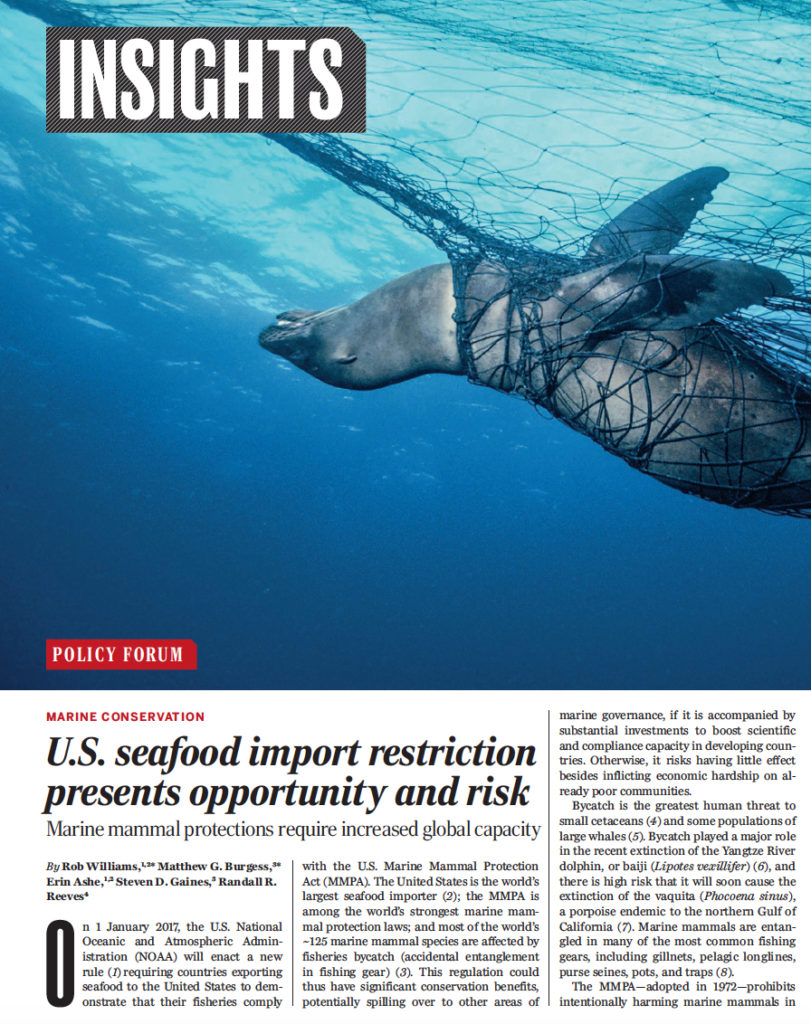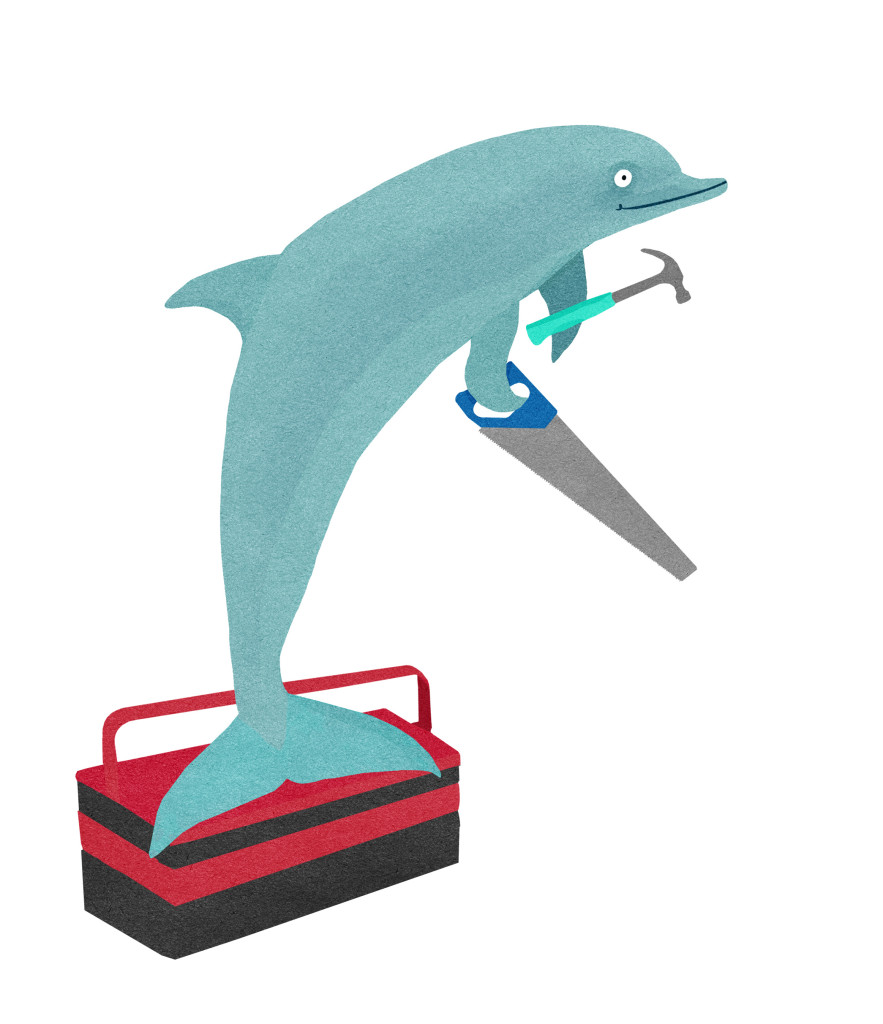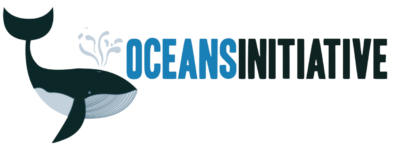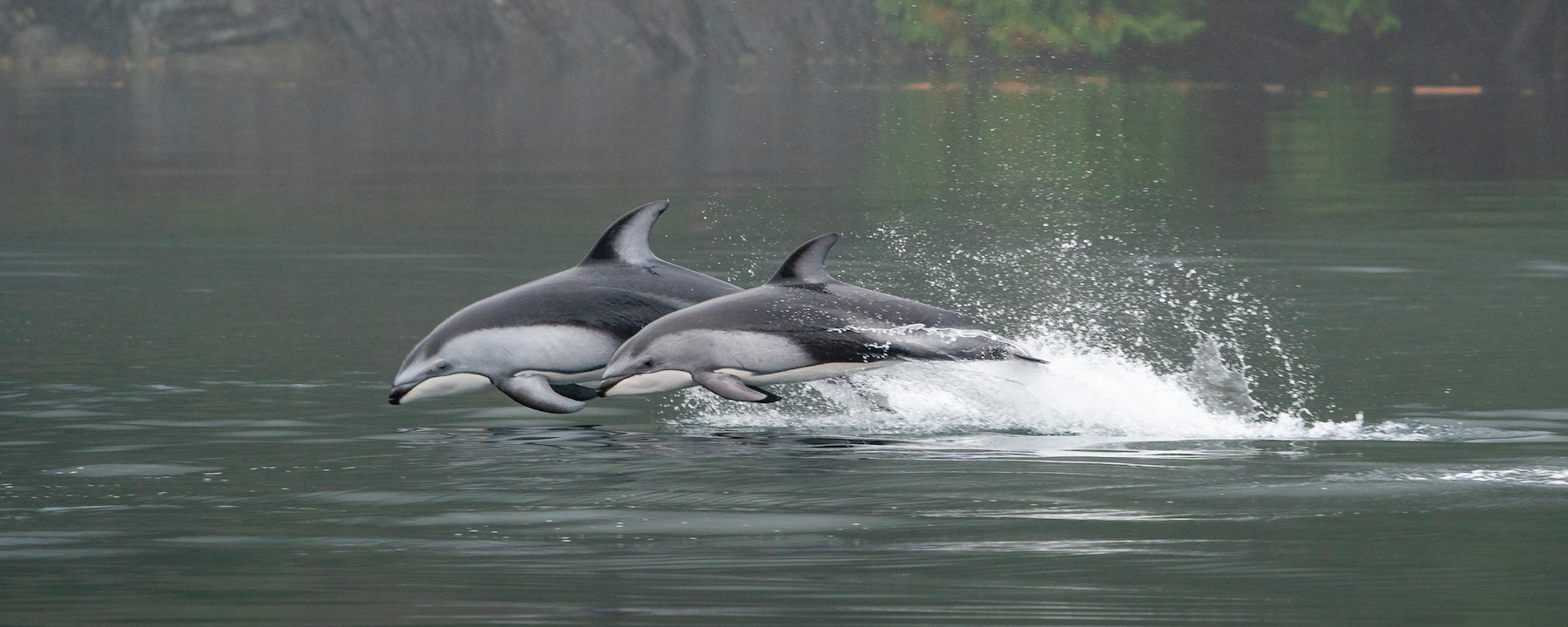Bycatch in fisheries remains the biggest conservation threat to most of the world’s marine mammals. We specialize in the science to assess which marine mammal populations are most at risk from bycatch and other harmful human activities. Our marine mammal abundance estimates are trusted and used by regulators for setting recovery targets and limits to fisheries bycatch of porpoise and dolphins. As a bonus? The data we collect in our capacity-building, “training-while-doing” surveys around the world provide valuable data to communities wishing to create marine protected areas that do the most good to the most species.
Our Work

Improved Sustainability of Global Fisheries
We recently led a high-profile study in Science describing how a new U.S. seafood trade rule may create much-needed financial incentives for countries to reduce marine mammal bycatch to sustainable levels, or risk losing the opportunity to sell their seafood on U.S. markets. The success of the new rule hinges on the U.S. leading by example, so our work involves U.S. fisheries as well as international capacity-building efforts. With mandates for safer fishing practices slated to go into effect in 2022, commercial fishers worldwide need more tools to reduce bycatch and demonstrate population health.

Animal Counting Toolkit
Oceans Initiative partnered with scientists at the International Union for Conservation of Nature (IUCN) and the U.S. National Oceanic and Atmospheric Administration (NOAA) to create the Animal Counting Toolkit, a low-cost system for rapidly assessing populations of marine mammals. We then worked with fisheries scientists at the University of Washington on a two-year working group to build statistical tools to assess sustainability of marine mammal bycatch in data-poor fisheries. This will help low-income countries comply with the new U.S. seafood trade rule that will ban seafood exports to the U.S. unless they can demonstrate that marine mammal bycatch in their commercial export fisheries meets standards comparable to those in the U.S.
Selected Publications
Rob Williams, Matthew G. Burgess, Erin Ashe, Stephen D. Gaines, Randall. R. Reeves. 2016c. US seafood import restriction presents opportunity and risk. Science 354.6318: 1372-1374.
Philip S Hammond, Tessa B Francis, Dennis Heinemann, Kristy J Long, Jeffrey E Moore, André E Punt, Randall R Reeves, Maritza Sepúlveda, Guðjón Már Sigurðsson, Margaret C Siple, Gísli Víkingsson, Paul R Wade, Rob Williams, Alexandre N Zerbini, 2021. Estimating the Abundance of Marine Mammal Populations. Frontiers in Marine Science.
André E Punt, Margaret Siple, Tessa B Francis, Phillip S Hammond, Dennis Heinemann, Kristy J Long, Jeffrey E Moore, Maritza Sepúlveda, Randall R Reeves, Guðjón Már Sigurðsson, Gísli Vikingsson, Paul R Wade, Rob Williams, Alexandre N Zerbini, 2020. Can we manage marine mammal bycatch effectively in low‐data environments? Journal of Applied Ecology, British Ecological Society.
André E. Punt, Margaret Siple, Guðjón Már Sigurðsson, Gísli Víkingsson, Tessa B. Francis, Sandra M. Granquist, Philip S. Hammond, Dennis Heinemann, Kristy J. Long, Jeffrey E. Moore, Maritza Sepúlveda, Randall R. Reeves, Paul R. Wade, Rob Williams, and Alexandre N. Zerbini, 2020. Evaluating management strategies for marine mammal populations: an example for multiple species and multiple fishing sectors in Iceland. Canadian Journal of Fisheries and Aquatic Sciences.
Williams, R., Ashe, E., Gaut, K., Gryba, R., Moore, J.E., Rexstad, E., Sandilands, D., Steventon, J., Reeves, R.R. 2017. Animal Counting Toolkit: a practical guide to small-boat surveys for estimating abundance of coastal marine mammals. Endang Species Res 34:149-165.


